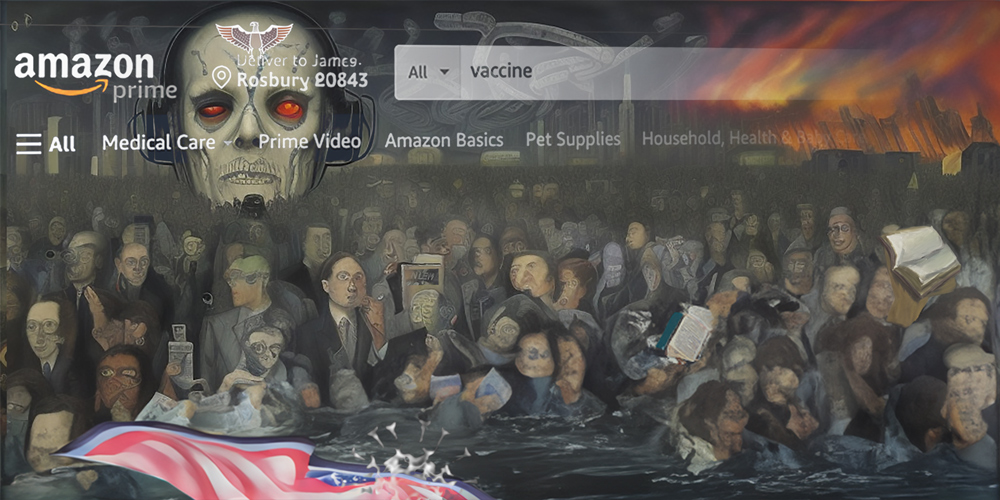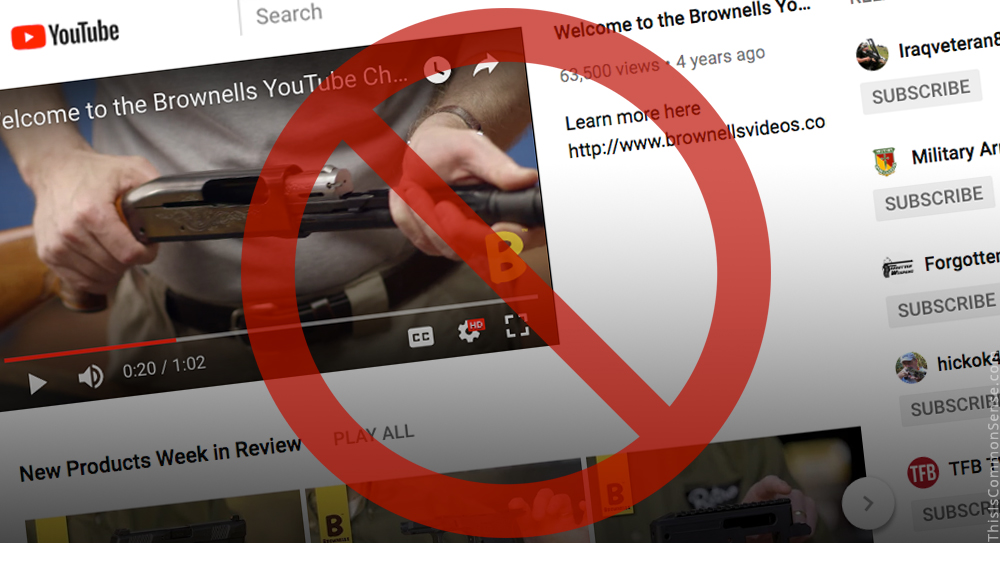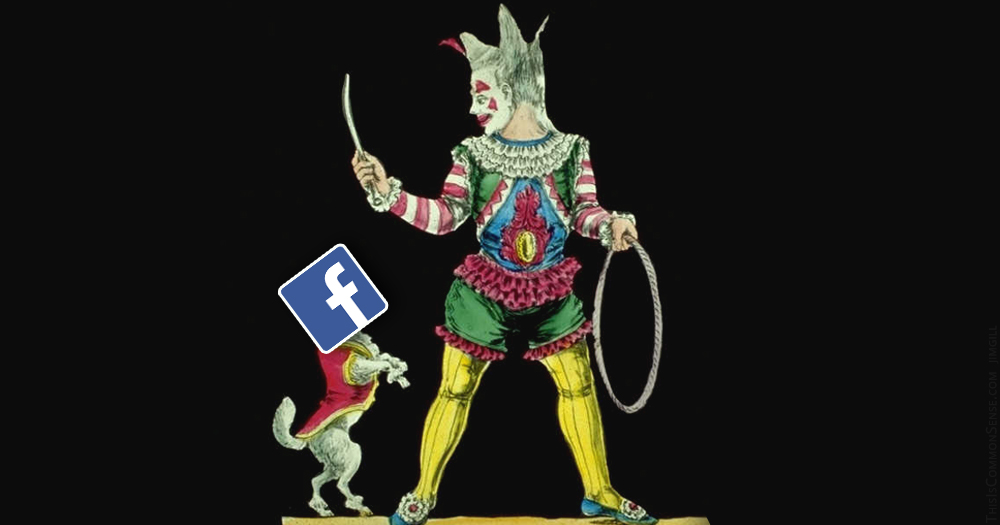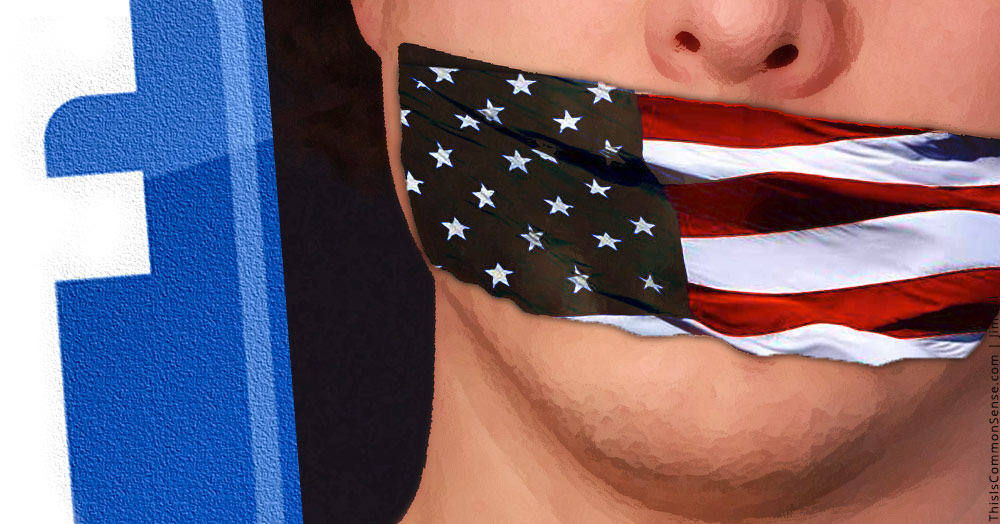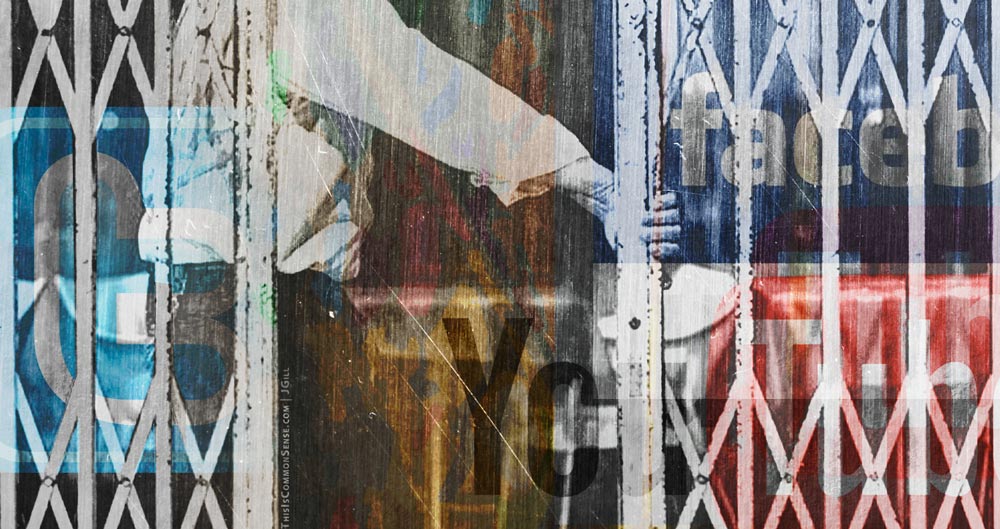Under the U.S. Constitution, the federal government is prohibited from censoring speech.
It often tries anyway.
One of the ways, as we’ve learned, is by pressuring social media and other companies to suppress speech. Since the federal government can make life very difficult for any company, some companies are understandably reluctant to ignore such pressure.
Amazon did not. When asked by the Biden administration in the person of one Andrew Slavitt, an advisor for the White House’s COVID-19 “response team,” the company agreed to hide books critical of the COVID-19 vaccines
Among the emails obtained by the House Judiciary Committee is Slavitt’s March 2, 2021, communication with Amazon complaining that “if you search for ‘vaccines’ under books, I see what comes up [books criticizing the vaccine].… [I]f that’s what’s on the surface, it’s concerning.”
Amazon was reluctant to intervene “manually” to demote such books and worried privately that rigging the game against particular books because of their viewpoints might undermine the company. But it caved nonetheless, soon modifying its algorithm and advising the White House that “we did enable Do Not Promote for anti-vax books whose primary purpose is to persuade readers vaccines are unsafe or ineffective.”
Are such decisions consistent with a “consumer-centric” approach that easily allows people to find just what they’re looking for? Which is Amazon’s big
Of course not.
But as it has done so often over the years, our government was putting its thumb on the scale.
This is Common Sense. I’m Paul Jacob.

Illustration created with PicFinder and Firefly
See all recent commentary
(simplified and organized)
See recent popular posts
